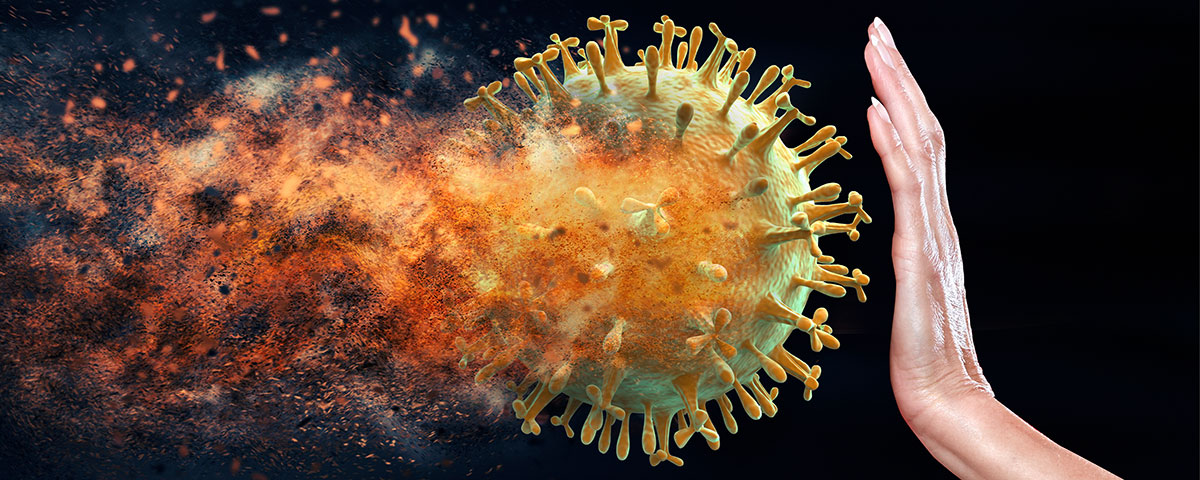
FAQs
Flu is caused by a different virus to the cold and comes on much more suddenly than a cold does. Getting a bad bout of flu feels much worse and is more serious than a heavy cold. Flu can also cause complications needing hospital treatment, and can even be life threatening.
There are several types of injected flu vaccine. None of them contain live viruses so they cannot give you flu. In some people, the jab can cause a slightly high temperature and sore muscles for a few days, but these effects are very mild and soon clear up.
Pregnant women should have the flu jab whatever stage they are at, because if they develop flu while pregnant they could become very ill, and this could also affect the baby.
Some children are at increased risk from the effects of flu (for example, if they are undergoing chemotherapy). Children are also ‘super spreaders’ of flu in schools and nurseries, so by reducing flu cases in children, fewer cases will be passed on to those who may be more vulnerable.
For 2025/2026, the flu vaccine is offered to:
- All children aged 2 or 3 years (on 31 August 2025)
- All primary and secondary school-aged children (Reception to Year 11)
- Children aged 6 months to under 18 years with certain long-term health conditions
Most children will be given a quick and painless nasal spray vaccine. If this isn’t suitable (e.g. for medical or religious reasons), a flu injection is available.
Some children (especially those in clinical risk groups who haven’t had the flu vaccine before) may need two doses, 4 weeks apart.
To check if your child is eligible, or to arrange vaccination, please contact your GP or local pharmacy.
Flu is caused by a virus. Antibiotics only work on bacteria, not viruses. Sometimes people who have flu also develop a bacterial infection, and they may need antibiotics for that. Otherwise, antibiotics are of no use in treating flu.